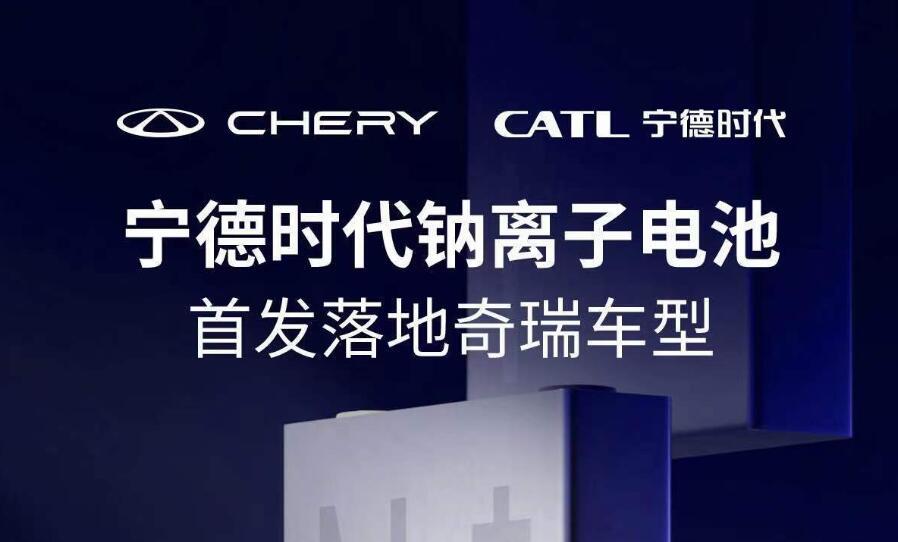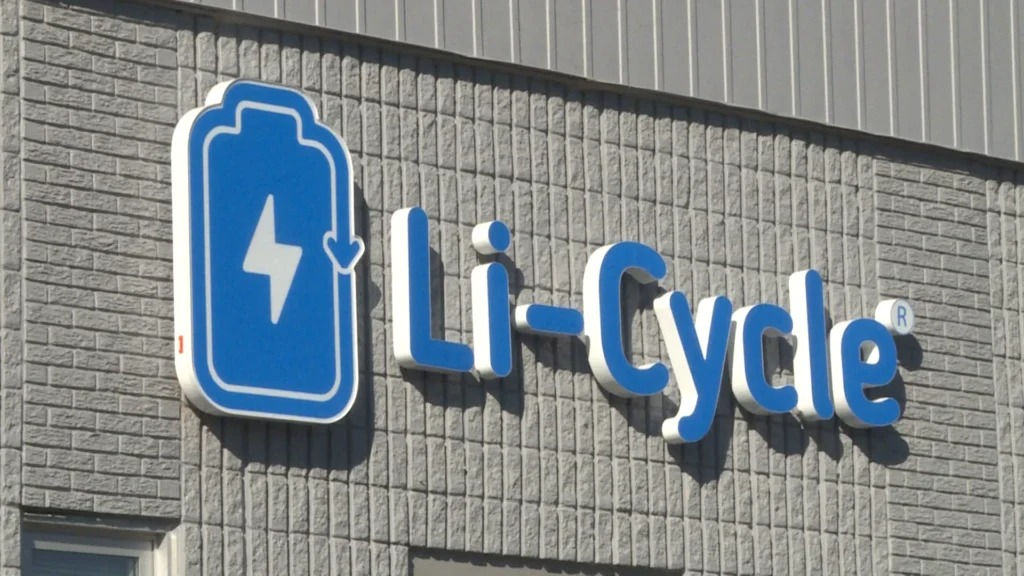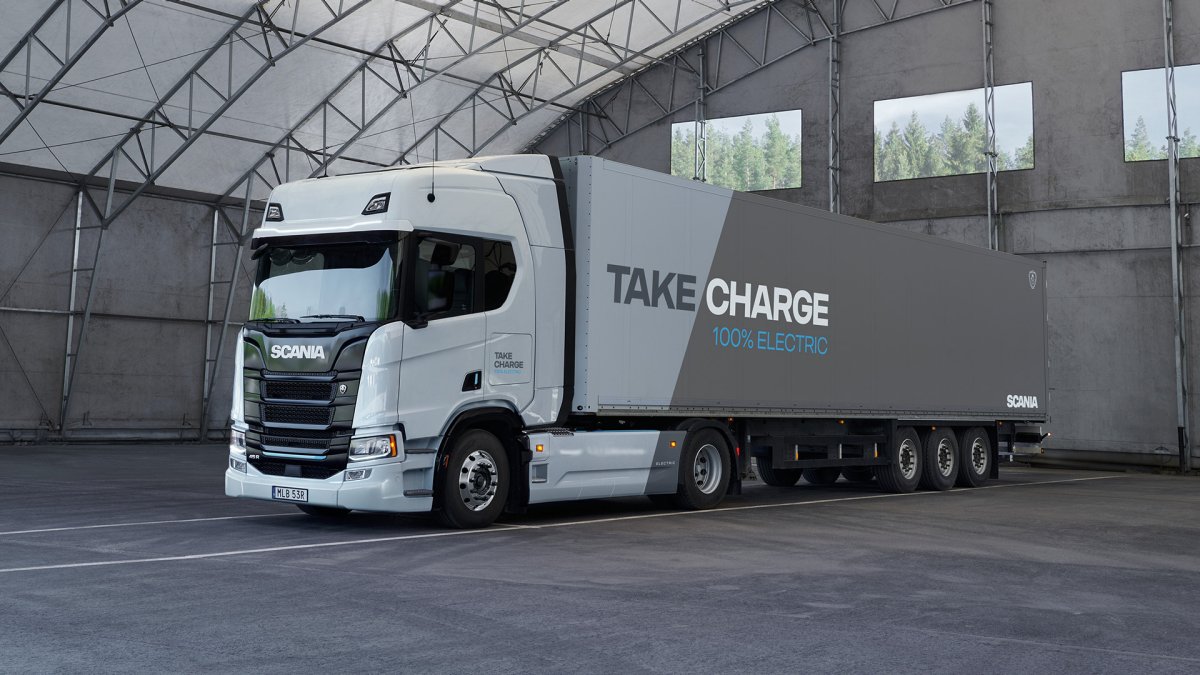StoreDot, the company behind the innovative extreme fast charging (XFC) battery technology, is set to produce silicon batteries for electric vehicles (EVs). These new batteries will enable car manufacturers to create cheaper, lighter, and more sustainable EVs with an optimal driver experience in mind. StoreDot’s technology has reached sufficient charging and discharging cycles to allow manufacturers to include smaller battery packs with XFC technology that can translate into improved EV specifications such as better car efficiency, increased utilization of regenerative braking, and lower costs.
The company is on track to deliver its silicon-dominant XFC batteries to EV OEMs next year. These transformative batteries will deliver 100 miles or 160 km of range in just five minutes of charging. This development will remove the range anxiety issue for EV drivers, allowing car manufacturers to re-evaluate the specifications of electric vehicles. With StoreDot’s XFC technology, manufacturers will be able to optimize a vehicle’s weight and cost, rather than pushing for ever greater range and battery size.
Downsizing from an 80kWh battery pack to a 50kWh battery pack could save approximately 200kg of weight from the EV, which could reduce the build cost of the car by $4,500, depending on metal cost fluctuations and energy density improvements*. The environmental impact of such a design change will be highly significant too as it will lower the amount of raw materials used in each vehicle, reducing its EV carbon footprint throughout its lifecycle.
StoreDot’s groundbreaking XFC battery cells are being tested by over 15 global automotive manufacturers, and the company is developing its manufacturing partnerships on a global scale. The company’s CEO, Dr. Doron Myersdorf, said that the two remaining barriers to EV ownership are charging anxiety and cost, and StoreDot’s XFC solution was designed to assist with both. With radically reduced charging times, automotive manufacturers can rethink how they approach battery size and range. The cost savings could transform the accessibility of EVs and the sustainability of batteries.







